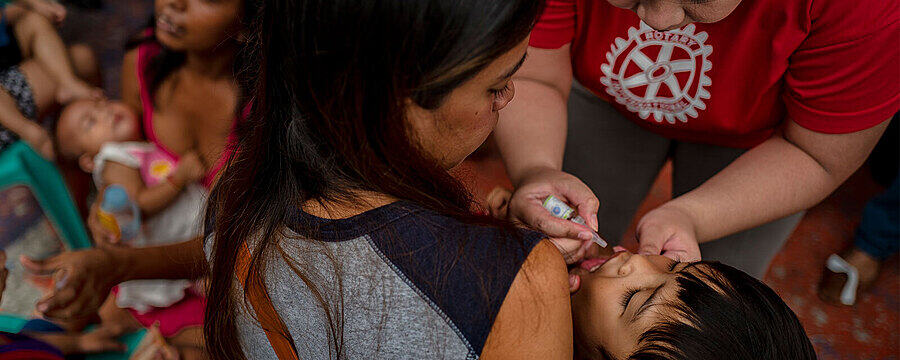Home / Business & Management / Big Data & Analytics / Collecting and Using Data for Disease Control and Global Health Decision-Making / How would you define “surveillance” and “outbreak”?
This article is from the free online
Collecting and Using Data for Disease Control and Global Health Decision-Making


Reach your personal and professional goals
Unlock access to hundreds of expert online courses and degrees from top universities and educators to gain accredited qualifications and professional CV-building certificates.
Join over 18 million learners to launch, switch or build upon your career, all at your own pace, across a wide range of topic areas.








